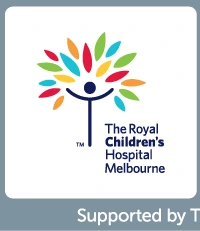Evidence-based care
Crafting evidence-based care in paediatrics involves integrating the best available research with clinical expertise and the insights of young people and their families. By systematically integrating these steps, care becomes more tailored, effective, and aligned with the latest scientific knowledge, ultimately improving outcomes for all.
Stay informed with current research
Regularly reviewing and implementing up-to-date, peer-reviewed research ensures that care strategies reflect the latest evidence in paediatric medicine. This means prioritising research specifically designed for children and young people, as their needs differ significantly from those of adults.
Collaborate across disciplines
Paediatric care often involves multiple specialties. Interdisciplinary teams, including paediatricians, nurses, psychologists, social workers, and other professionals, collaborate to apply evidence in ways that address the unique needs of each child and young person.
Involve families in decision-making
In the care we provide, families play a crucial role in decision-making. Shared decision-making that includes the values, preferences, and goals of both the child or young person and their family helps tailor evidence-based practices to their specific needs.
Implement clinical practice guidelines
Utilising evidence-based clinical guidelines helps standardise care and keep it consistent, while ensuring that treatment plans are effective.
Foster a culture of learning
Encouraging continuous professional development and fostering a culture where staff are empowered to integrate research into practice can help improve patient care. Evidence-based practices should be taught, embraced, and revisited frequently to ensure they’re always in alignment with the most current knowledge.




